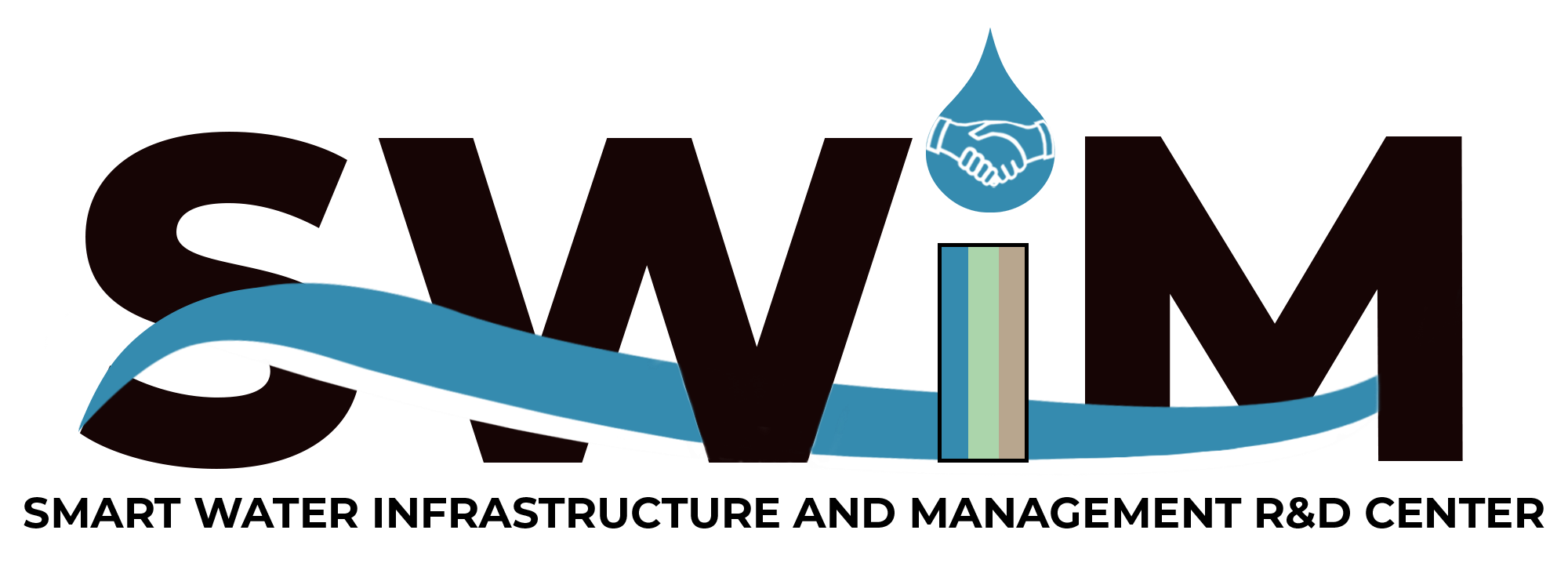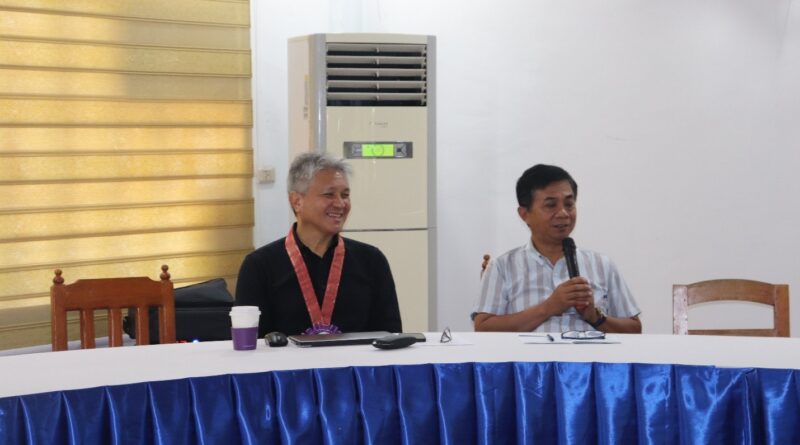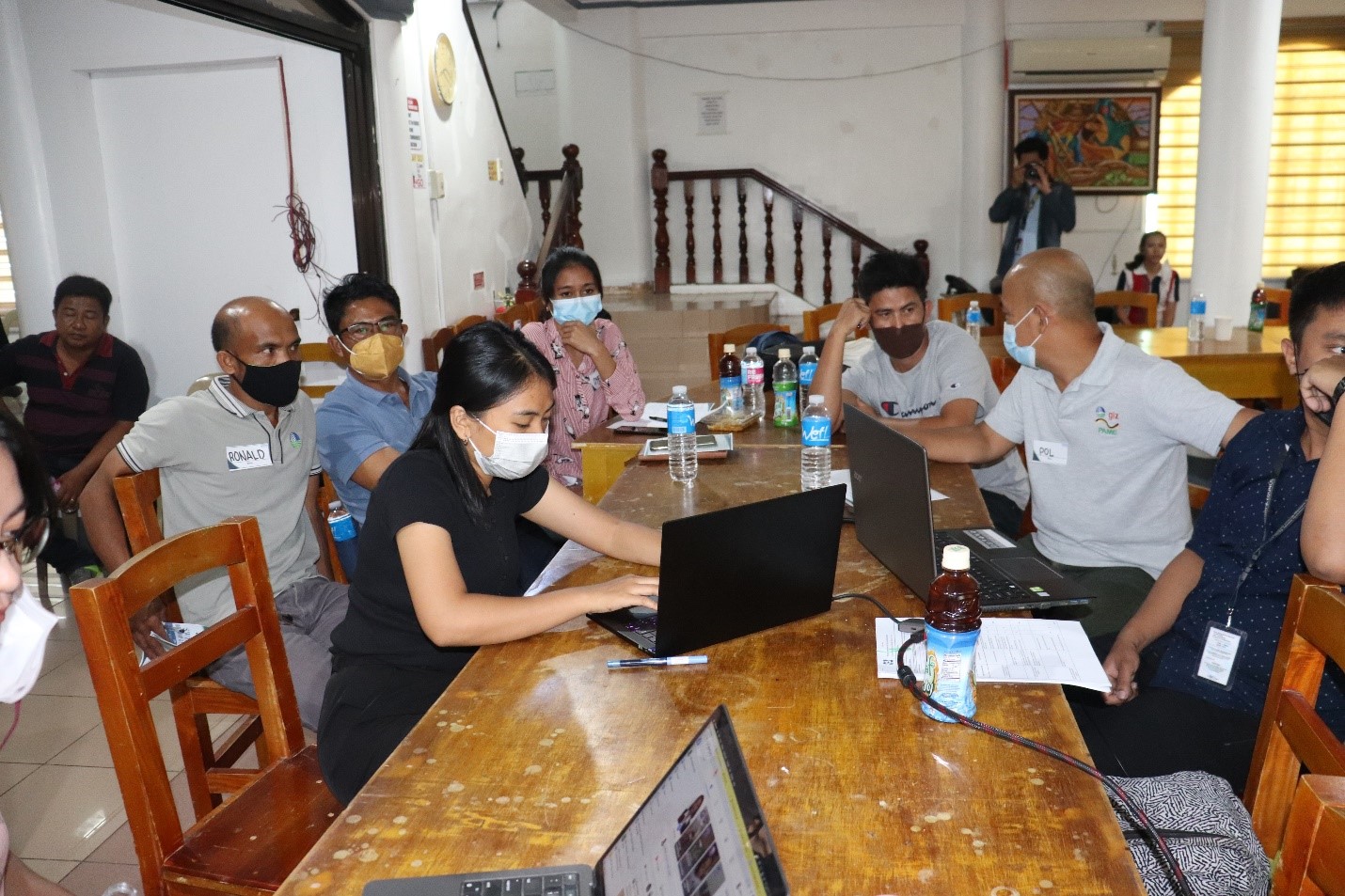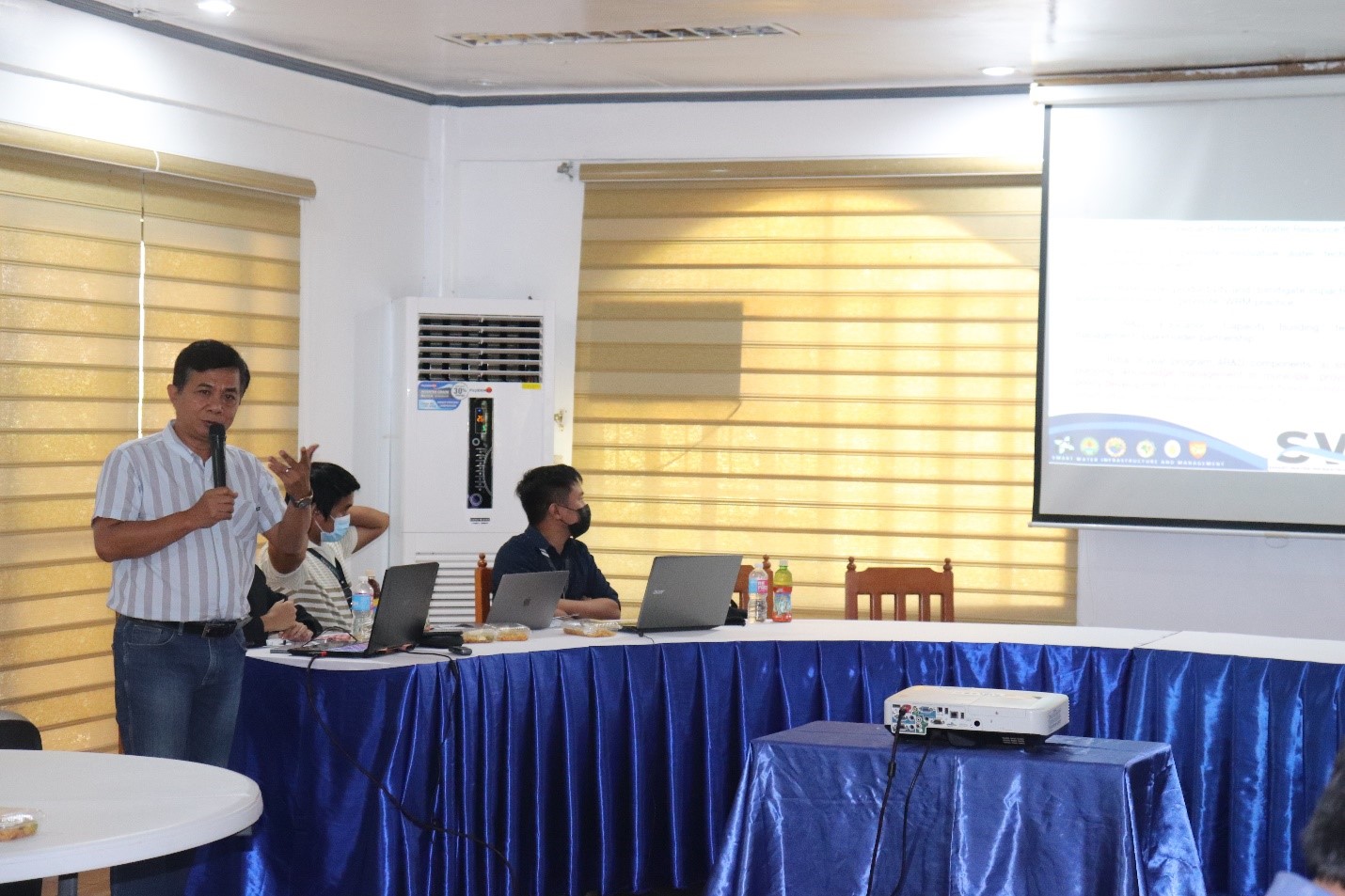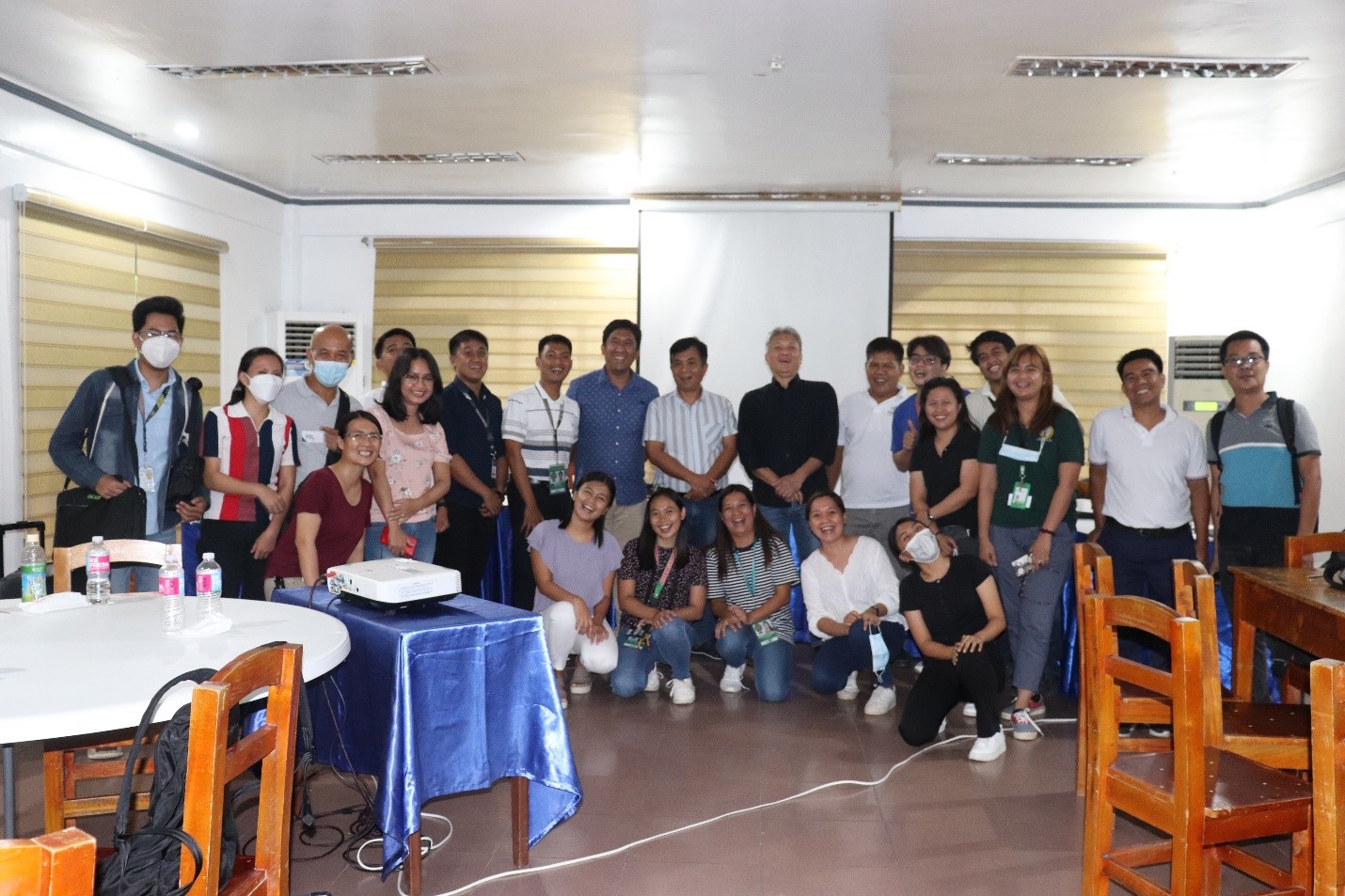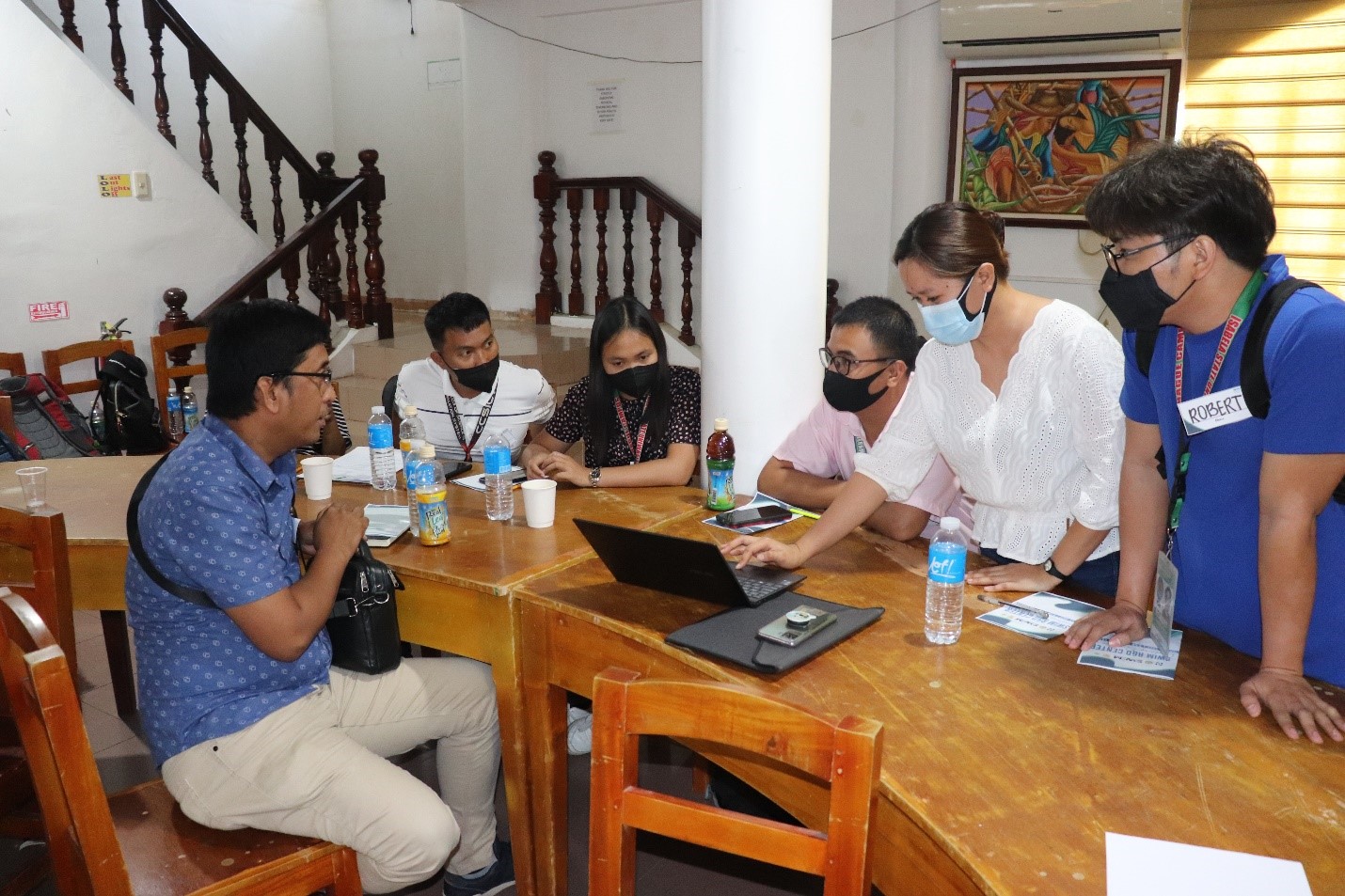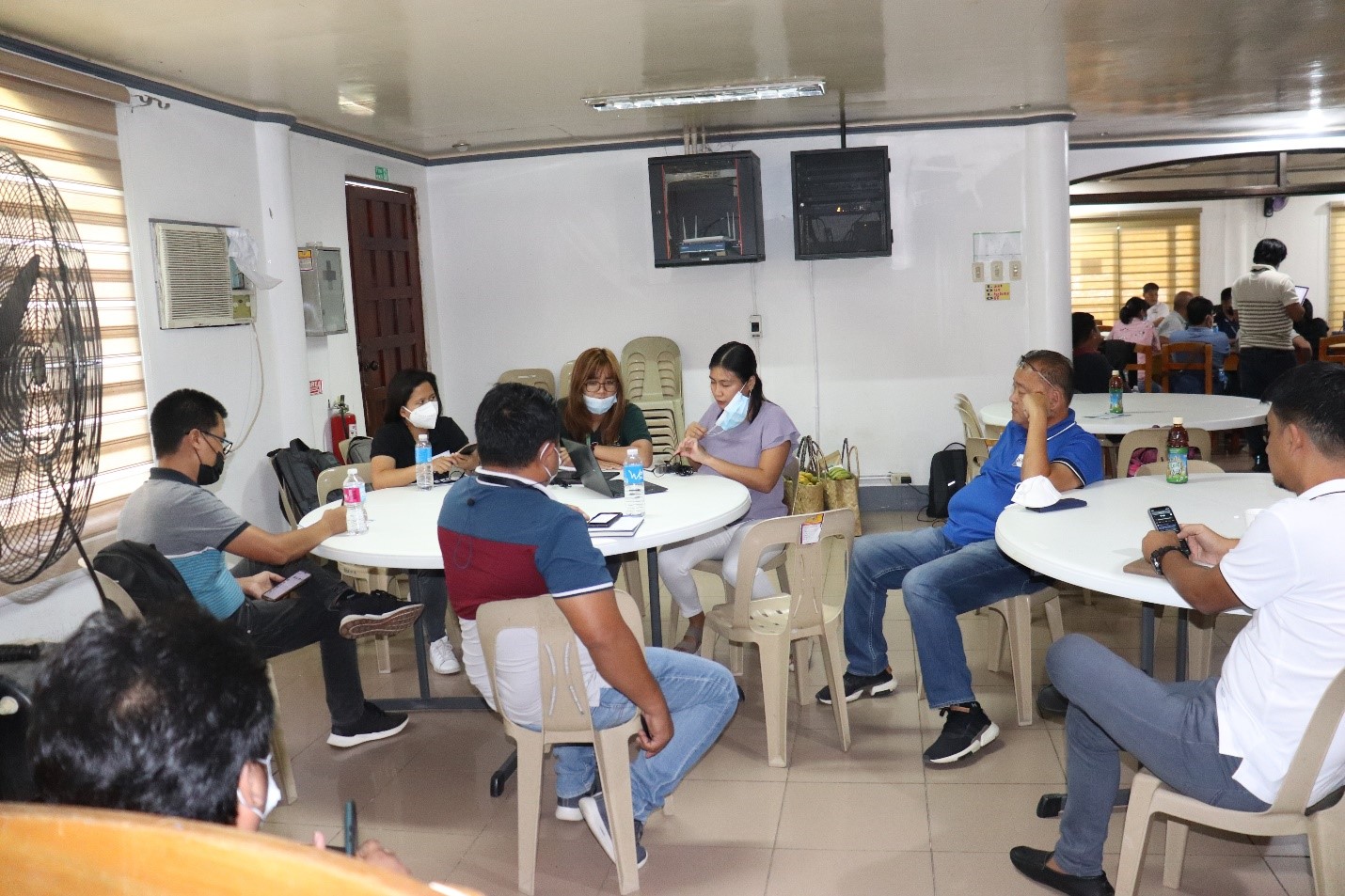SWIM R&D Center spearheads the Roadmap Development Workshop to ensure its 10-year sustainability and improvement
The Smart Water Infrastructure Management (SWIM) R&D Center pursues its goal of developing innovative approaches and smart techniques to address water-related problems in the region. Together with the leading researchers and universities from the Philippines and other countries, it aims to introduce an integrated flood, drought, sediment, and water resources management approach for river basins and smart cities. Moreover, a road map is necessary to maintain its operation and ensure its sustainability and improvement for 10 years.
With this in mind, the SWIM R&D Program and its stakeholders held a Road Map Development Workshop at ISU-Cauayan Campus, San Fermin, Cauayan City, Isabela on June 17, 2022. The said workshop was facilitated by Dr. Guillermo Q. Tabios, NRCP-commissioned RD Lead for the SWIM Program, and attended by different agencies in the region such as DPWH Region 02, DENR Region 02, NIA-MARIIS DRD, ULPI, Provincial Government of Isabela, CENRO-Cauayan City, DOST-PCIEERD, QSU, CSU, and ISU.
Essentially, the program started with welcome remarks from Dr. Orlando F. Balderama, Vice President for Research and Development, Extension and Training of ISU and SWIM Program Leader, who also highlighted the significance of the workshop. After which, Dr. Lanie Alejo, Center Director of the Water Research and Development Center, presented the current situation of the water sector in Cagayan Valley. Her presentation was based on R&D results initiated by the university. Hence, she accentuated numerous possible policy interventions, updates on the current projects in the Cagayan River Basin, and the current situation of water used by several sectors.
Afterward, Dr. Balderama gave an overview of the SWIM as a program and presented the upcoming stakeholders’ forum with the Japanese partners. Then Dr. Guillermo Q. Tabios III elucidated the overview of the Philippines’ roadmap for the water sector. He also explained the DOST’s initiative on the plans for the water sector in the country called the “PAGTANAW 2050”. Specifically, he explicated several ways how to improve issues of weak leadership and fragmented institutions in terms of water governance structure. He also emphasized the use of integrated science, digital ecosystems, and adaptive feedback control as bases for the formulation of the 10-year road map.
After the presentations, the stakeholders were divided into three sectors namely the agricultural sector (QSU, NIA-MARIIS DRD, and ULPI), water environment and hazard sector (CSU, DPWH, DENR, and CENRO-Cauayan), and water sanitation sector (ISU and PGI). The participants were given ample time to accomplish the Road Map Matrix focusing on their respective sectors, thereby developing a 10-year vision in terms of Research and Development, Extension and Technology Transfer, and Institutional Development. Presentations and Q&A portions were also conducted after the workshop as bases for improving their respective roadmaps. The program was clinched by the distribution of certificates to all the participants of the event.
